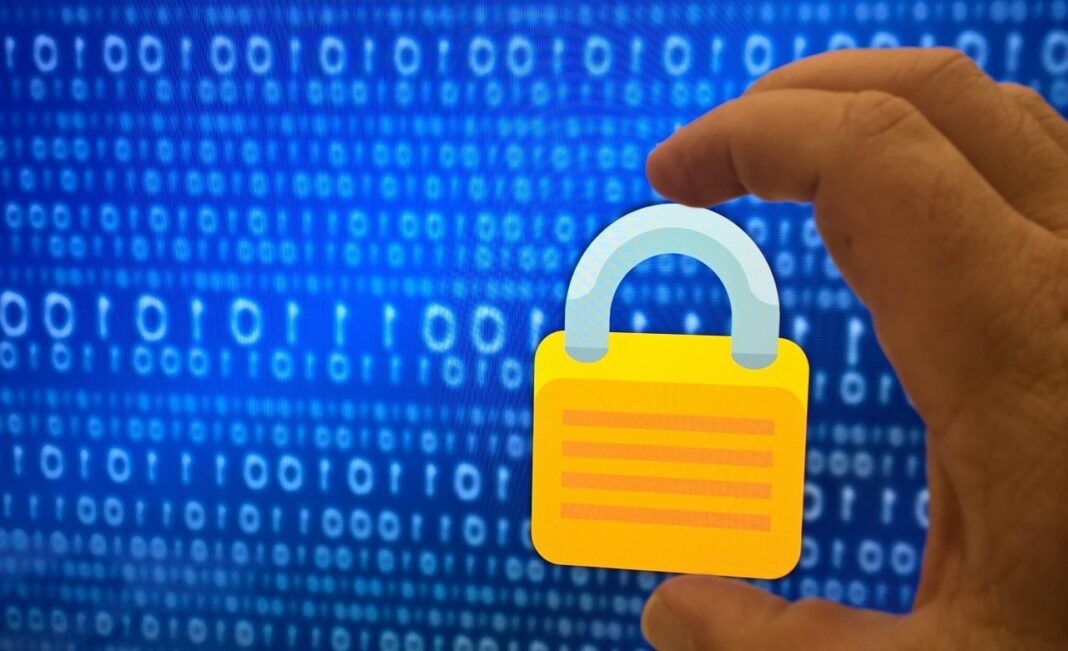BTN News: In 2023, Colombia faced a staggering 12 billion attempted cyberattacks, underscoring the urgent need for stronger digital security measures. According to Fortinet, a leading cybersecurity firm, Latin America and the Caribbean collectively endured 200 billion cyberattack attempts, representing 14.5% of the global total. Colombia, following Mexico and Brazil, ranked third in the region for cyberattack activity. As cybercriminals employ sophisticated tactics like phishing, brute force, and keyloggers, the risk to individuals and businesses continues to grow. Protecting online accounts and personal data with strong, unique passwords and advanced security measures is now more critical than ever.
Rising Cybersecurity Threats in Colombia
Cyberattacks in Colombia surged in 2023, with the country reporting 12 billion attempted breaches. This increase mirrors a broader trend across Latin America, which saw 200 billion cyberattack attempts, accounting for 14.5% of the global attacks last year. Fortinet’s data reveals that Mexico, Brazil, and Colombia are the top three targets in the region, facing a relentless wave of cybercrime.
Common Cyberattack Methods: How Criminals Steal Your Passwords
Cybercriminals use various methods to steal passwords and gain unauthorized access to sensitive data. The three most common tactics include:
- Phishing Attacks: Cybercriminals disguise themselves as trusted entities to trick users into revealing their credentials. These attacks often use scare tactics, fake prizes, or enticing offers.
- Brute Force Attacks: Automated software guesses thousands of password combinations until it cracks the correct one. Simple passwords, such as “123456,” are highly vulnerable to these attacks.
- Keyloggers: Malicious software installed on devices records every keystroke, capturing passwords as they are typed.
The Weakness of Common Passwords: A Growing Concern
Weak passwords pose a significant risk to online security. A study by the National Cyber Security Centre in the UK found that 23.2 million users worldwide rely on “123456” as their password—a choice that leaves them extremely vulnerable to attack. Given this alarming statistic, it’s crucial to understand how to create secure passwords to protect against potential breaches.
Four Essential Tips for Creating Strong Passwords
Arturo Torres, a cybersecurity expert at Fortinet, offers four crucial tips to strengthen your passwords and safeguard your digital presence:
- Create Unique, Complex Passwords: Combine letters, numbers, and special characters to make your passwords harder to guess. Avoid common phrases or patterns like “password123.” Instead, opt for something more complex, like “P@ssw0rd!987.”
- Avoid Personal Information: Refrain from using easily guessed information, such as names, birthdays, or phone numbers. Simple sequences like “22121966” or familiar names like “Luna123” are easy targets for attackers.
- Use Different Passwords for Each Account: Using unique passwords for different accounts limits damage if one password is compromised, reducing the risk of attackers accessing multiple accounts.
- Utilize a Password Manager: Password managers are software that securely stores and manages your passwords. They help generate complex, unique passwords for each account and keep them safe. Using a manager means you only need to remember one strong master password, which should be at least 15 characters long, incorporating uppercase and lowercase letters, numbers, and special characters.
Why Password Managers Are Essential in 2024
Using a password manager provides several advantages. Most browsers offer basic password managers that remember credentials for frequently used websites, but independent managers offer greater security. These tools not only store passwords securely but also provide additional features such as automatic complex password generation, alerts for weak or duplicate passwords, and cloud synchronization across devices. While some password managers are free, investing in a premium version can offer advanced features and stronger protection for your most sensitive data.
Two-Factor Authentication: A Vital Security Measure
Implementing two-factor authentication (2FA) on sensitive accounts adds an extra layer of protection. With 2FA, users need an additional step, like a code sent to their phone or generated by an authenticator app, in addition to their password. Even if a hacker obtains your password, they would still need access to the second verification step to gain entry, making it significantly harder for unauthorized access.
The Evolution of Passwords: From the 1960s to Today
The concept of using passwords to protect digital files dates back to the 1960s when Fernando Corbató at the Massachusetts Institute of Technology (MIT) developed a system allowing multiple users to share a computer securely. This innovation laid the groundwork for today’s cybersecurity practices, which have evolved to include biometric authentication methods like fingerprint and facial recognition, multi-factor authentication, and more advanced encryption techniques.
Key Takeaways for Strengthening Your Online Security
In today’s digital age, securing your online accounts is more important than ever. With the rise of cyberattacks in Colombia and globally, following best practices such as creating strong passwords, using password managers, and enabling two-factor authentication can significantly reduce your risk. As cybercriminals continue to innovate, staying vigilant and proactive about your digital security is the best defense.
Conclusion: Navigating the Future of Cybersecurity
As technology advances, so do cyber threats. In response to the rise of cyberattacks, especially in countries like Colombia, it’s crucial to adopt robust security measures. From using unique passwords and password managers to embracing multi-factor authentication, these strategies provide a stronger defense against evolving digital dangers. Stay informed, stay secure, and safeguard your digital footprint.


